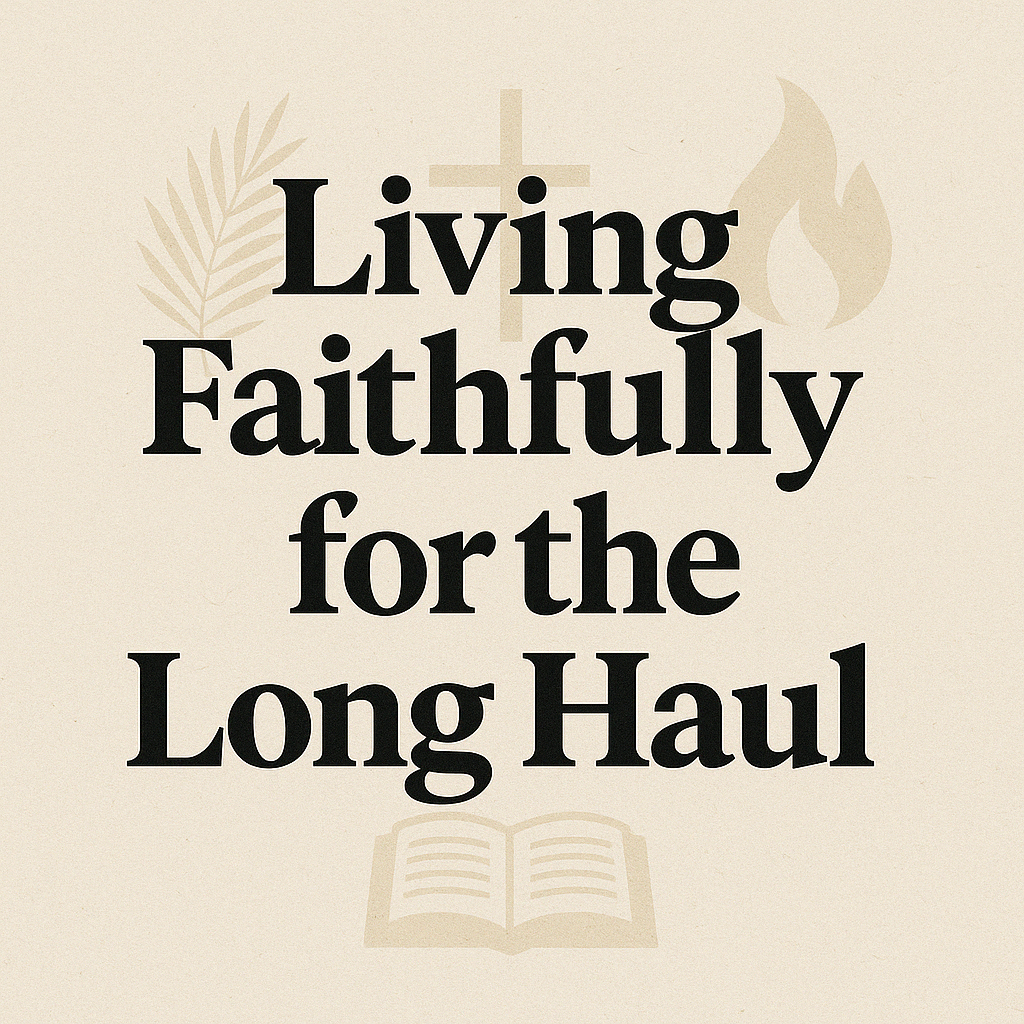Rethinking Paul’s Sexual Ethics and the Second Coming

Many Christians assume that Paul received his doctrine in one mystical download from heaven. While he certainly had powerful revelations (just read Galatians 1 or 2 Corinthians 12), Paul was also a human being—shaped by his upbringing, his education under Gamaliel, his Pharisaic roots, his Roman citizenship, and the cultural winds of his time. When it comes to Paul’s sexual ethics, it’s tempting to treat his words as detached, timeless absolutes, but what if they were also deeply connected to the world he inhabited?
Take for instance his famous passage in 1 Corinthians 7, where Paul encourages celibacy in light of the present distress and the shortness of time. Was this a universal sexual ethic? Or was it the reflection of a man who believed that the return of Christ was imminent and that everything else—including marriage—was a secondary concern? Or, was his position even more complex than that?
This is where the modern church often misreads Paul. The early believers in Corinth were surrounded by temples like that of Aphrodite, filled with sexual excess and religious prostitution. In that context, Paul’s words make sense: “Cool down. This is not what matters in light of Jesus and eternity.” But many Christians took that moment-specific teaching and applied it as a philosophy for all time—including to communities that look nothing like Corinth. The result? A theology that dismisses marriage, sexuality, and long-term commitment as lesser paths to holiness. But would Paul preach that to a stable church community in 21st-century America? Unlikely. A church like that would receive a letter more akin to Philippians or Ephesians.
A person entering the world of Christianity who still heavily emphasizes sexual exploration and conquest needs to hear the message about living in a manner that would be pleasing to the Lord if He were to return today. A teenager growing up in a world full of restraint doesn’t benefit from “the time is short.” We need to teach them a much longer perspective. The Corinthians needed to learn to sprint. Most Christian youth in the 21st Century need to be taught the marathon, to press on toward the upward prize (Phil. 3:14). Paul understood his audience and knew who needed which message. And so should we.
The concept of a pre-tribulation rapture has had an observable negative byproduct: amplifying urgency in Christian thinking that borders on panic. The idea that “Jesus could come back any moment” has, for many, created a low-grade anxiety that undermines healthy, long-term formation. Instead of planting trees, building legacies, and raising children with patience and vision, we’ve raised generations of doomsday preppers worried that the world will end without giving them the same opportunities to experience a deep-meaningful life that Christians have been called into for what’s now been thousands of years.
Instead, we should recover an eschatology rooted not in speed but in readiness. Jesus taught us to keep our lamps trimmed and our houses in order—not necessarily because the end is near, but because we live in the presence of a returning King. The timeline is God’s. Our responsibility is faithfulness.
That means teaching our young people a different message. We don’t want to purvey the urgency of the Christ’s return so much that we accidentally, subconsciously teach them that they “better have sex before Jesus comes back.” Instead, the message should be, “You’re going to be here for 60+ more years, so sow wisely now.” Help them ask: Where do you want to be at age 75? Do you want joy, intimacy, depth, a long-term legacy of love? Then build a life today that moves in that direction. That includes sex, yes, but also diet, exercise, habits, decision-making, community, and character.
Unfortunately, later movements like Puritanism often took Paul’s teachings to a more extreme place. In the name of purity, sexuality became something suspect, even shameful. The reaction to this overcorrection is our modern culture’s overcorrection: one that prizes sexual expression as an identity-defining right, even when it harms the self or others.
Christianity shouldn’t be a panic-driven sprint toward a vanishing finish line, but a slow, meaningful journey into Christlikeness. Let’s teach our children—and ourselves—to live with a mindset not of rushing toward heaven, but of becoming truly human in Christ over time.
Let’s give our young people more than rules to follow or passions to fear. Let’s give them the wisdom to ask long-view questions:
- Who do I want to become?
- What will I regret at 75?
- What seeds am I sowing today that will grow into joy or sorrow tomorrow?
Paul didn’t give us an ethic of repression. He gave us an ethic of becoming. So let’s teach our children—and ourselves—to think like gardeners, not doomsday preppers.
Because whether Christ comes next year or next century, we are still called to become people of love, faithfulness, and wise embodiment. That takes time. And grace. And a vision that reaches well beyond tomorrow.

One response to “Living Faithfully for the Long Haul:”
Love it, John! I think the long obedience, readiness over speediness theme is spot on.